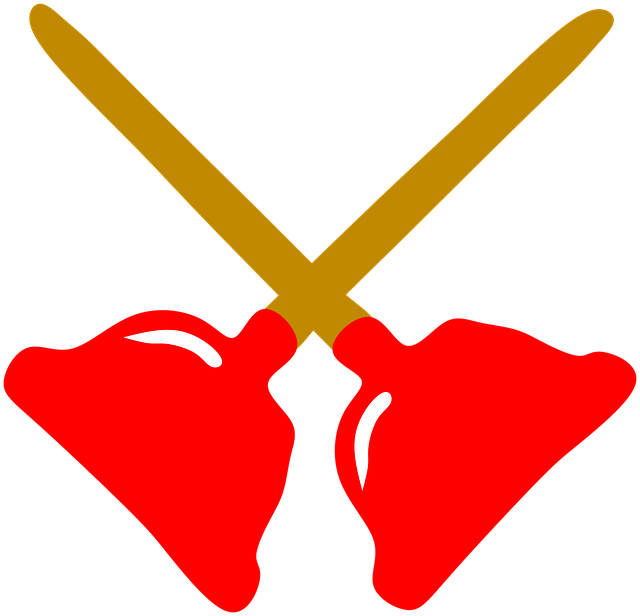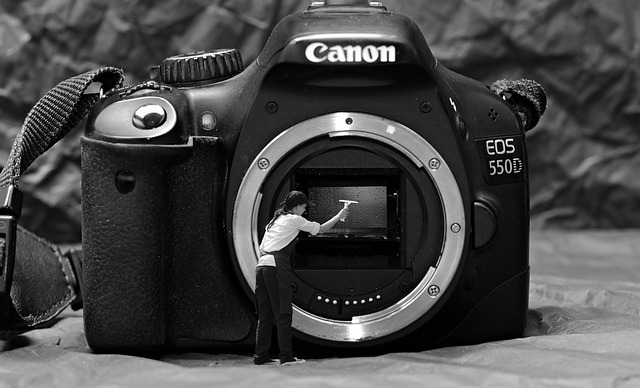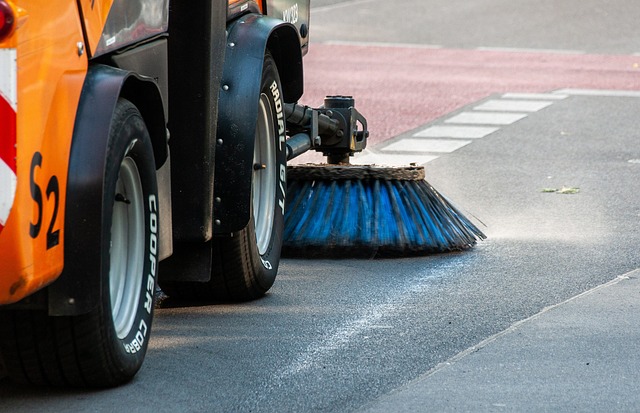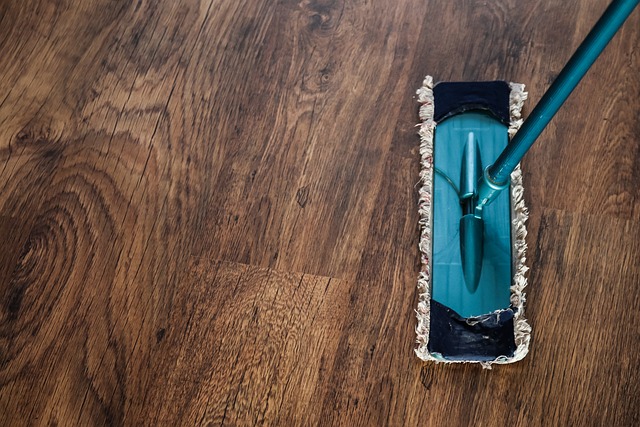DIY methods offer effective and eco-friendly solutions for clearing minor drain clogs caused by grease, food particles, hair, and soap scum. Key techniques include using a plunger, baking soda and vinegar, or a plumber's snake. These natural approaches provide cost-effective alternatives to harsh chemicals and professional plumbers, but severe clogs may require expert intervention to prevent damage.
Are you tired of dealing with stubborn, blocked drains? Understanding the causes and effects of clogged drains is the first step towards effective prevention. This article explores powerful DIY solutions like using a plunger, natural remedies like baking soda and vinegar, and more advanced tools such as plumber’s snakes. Learn when it’s time to call a professional plumber for deep cleaning. With our guide, you’ll tackle even the most persistent drain obstructions with confidence, from the comfort of your own home.
- Understanding Clogged Drains: Common Causes and Effects
- The Role of Boiling Water in Drain Unclogging
- DIY Solutions: Using a Plunger Effectively
- Natural Cleaning Agents: Baking Soda and Vinegar
- Alternative Tools: Plumber's Snake for Deep Cleansing
- When to Call a Professional Plumber
Understanding Clogged Drains: Common Causes and Effects

Clogged drains are a common household issue that can disrupt daily routines and cause frustration. Understanding the causes behind these obstructions is half the battle when it comes to finding effective solutions. Many minor clogs result from everyday activities, such as dumping grease or large food particles down the sink or shower drain. Over time, these substances build up and solidify in the pipes, leading to partial or complete blockages.
Other common culprits include hair, soap scum, and various household items that find their way into drains. The effects of a clogged drain range from slow-moving water to complete standstill, causing inconvenience and potential damage if left unattended. Fortunately, there are several DIY methods available to tackle minor clogs before calling a plumber. These natural unclogging solutions, such as using a plunger, mixing baking soda and vinegar, or employing a plumber’s snake, can often clear obstructions effectively without the need for harsh chemicals or professional intervention.
The Role of Boiling Water in Drain Unclogging

Boiling water is a simple yet effective DIY solution for clearing minor clogs in your drains. When combined with other natural ingredients like baking soda and vinegar, it can create a powerful cleaning agent that cuts through grease, soap scum, and hair buildup, which are common causes of blocked drains. Pouring boiling water down the drain not only helps to dissolve these obstructions but also sanitizes the piping system, preventing future clogs from forming.
Using a plunger before or after treating with hot water can significantly enhance unclogging efforts. The suction action of the plunger can break up larger debris, making it easier for boiling water and natural cleaners like baking soda vinegar to dislodge smaller obstructions. For more stubborn clogs, a plumber’s snake (also known as a drain auger) can be used to manually remove or break up the blockage, often rendering chemical treatments unnecessary. These methods offer cost-effective, eco-friendly alternatives to harsh commercial drain cleaners and the need for a professional plumber’s assistance.
DIY Solutions: Using a Plunger Effectively

When it comes to DIY solutions for unclogging drains, one of the simplest and most effective tools at your disposal is a plunger. A plunger creates a seal around the drain opening, building pressure that forces water and debris out, tackling minor clogs effectively. To use this method, first fill the sink or tub with hot water as far as it can go. Then, place the plunger over the drain opening, ensuring a tight seal. Up and down movements in a rapid but controlled manner will create suction, aiming to dislodge any blockages.
For tougher clogs, consider mixing baking soda and vinegar – a natural unclogging duo. Pour half a cup of baking soda down the drain, followed by half a cup of white vinegar. The mixture will fizz and bubble, helping to break up the clog. After 15 minutes, flush with hot water. As an alternative or for more persistent clogs, a plumber’s snake (or auger) is a handy tool that can be inserted into the drain to break up or retrieve any obstructions.
Natural Cleaning Agents: Baking Soda and Vinegar

When it comes to DIY clogged drains solutions, few home remedies are as versatile and effective as baking soda and vinegar. These natural cleaning agents can be a plumber’s snake or a plunger’s best friend in unclogging drains. Baking soda acts as an absorbent, helping to neutralize odors and break down the buildup of grease and soap scum. When mixed with vinegar, it creates a fizzing reaction that further aids in dissolving minor clogs.
The combination is simple to use: pour 1/2 cup of baking soda into the drain followed by 1/2 cup of white vinegar. Let the mixture sit for about 30 minutes to an hour, then flush with hot water. This natural unclogging method is a cost-effective and eco-friendly alternative to harsh chemical cleaners, making it ideal for regular drain maintenance. Moreover, unlike commercial drain cleaners, baking soda and vinegar pose no risk of damaging pipes or leaving behind harmful residues.
Alternative Tools: Plumber's Snake for Deep Cleansing

When it comes to DIY clogged drains, a plumber’s snake is an excellent alternative tool for deep cleansing. Unlike traditional plungers that rely on suction to dislodge obstructions, this flexible metal cable can reach and break up stubborn clogs deeper within your pipes. The coiled design allows it to navigate tight corners and bend around curves, making it ideal for navigating the winding paths of your plumbing system.
For natural unclogging methods, combine baking soda and vinegar—a powerful duo that fizzles and foams its way through grease, soap scum, and other common culprits. While effective, these DIY solutions may not be suitable for all situations, especially severe clogs or old, worn-out pipes. In such cases, a plumber’s snake or professional Drain cleaning services might be the best course of action to restore smooth water flow without causing damage.
When to Call a Professional Plumber

If your drain clogs are minor and easily cleared with a plunger or natural remedies like baking soda and vinegar, then DIY methods might be sufficient to unclog your drains safely. However, there are instances when it’s best to call in a professional plumber. Persistent or severe clogs that don’t respond to these home treatments could indicate a more significant issue, such as a cracked pipe or root intrusion from nearby trees. In these cases, using a plumber’s snake (a long metal coil) might not be enough, and a full drain inspection is necessary.
Additionally, if you’re dealing with grease buildup, hard water deposits, or other complex obstructions, professional equipment and expertise are often required to thoroughly clean the drains without causing further damage. While plungers and DIY solutions offer temporary fixes, a plumber can provide long-lasting results, ensuring your drains remain unclogged and functioning optimally. Consider seeking professional help if you’re unsure about handling the issue yourself or when DIY methods fail to resolve the blockage completely.
